Nutrition Counseling
Nutrition counseling is a collaborative and personalized approach to help individuals improve their health and well-being through proper nutrition and dietary choices.
It involves working with a qualified nutrition professional, such as a registered dietitian or nutritionist, who provides guidance, support, and education to address specific nutritional needs, health goals, and concerns.
Dawn Venman is our in-house registered dietitian who is here to help all patients, no matter the struggle you face in the nutrition world.=
Our Services
Nutrition counseling begins with a thorough assessment of an individual's current eating habits, medical history, lifestyle, and specific nutritional needs. Based on this assessment, the nutrition professional develops an individualized plan tailored to the person's unique goals, preferences, and dietary requirements.
Nutrition counseling addresses specific health conditions or concerns, such as diabetes, heart disease, food allergies or intolerances, gastrointestinal disorders, weight management, and eating disorders. The nutrition professional works with individuals to develop personalized meal plans and make dietary modifications to manage or improve these conditions.
Nutrition counselors provide evidence-based information and education on various aspects of nutrition, including macronutrients, micronutrients, portion sizes, food groups, and the impact of nutrition on overall health. They help individuals understand the relationship between their dietary choices and specific health conditions or concerns.
Nutrition counselors may analyze and track individuals' dietary intake to identify areas of improvement, monitor progress, and provide ongoing feedback. This can involve reviewing food diaries, using nutrition apps or software, or conducting body composition assessments.
Nutrition counseling involves setting realistic and achievable goals that align with an individual's health objectives. Nutrition professionals support clients in adopting healthier eating habits and making sustainable behavior changes. They provide strategies, meal planning tips, and practical recommendations to promote long-term success.
Nutrition counseling provides ongoing support and accountability to help individuals stay motivated and committed to their dietary goals. Regular sessions allow for discussions, problem-solving, addressing challenges, and celebrating successes. The nutrition professional acts as a guide and cheerleader throughout the journey.


